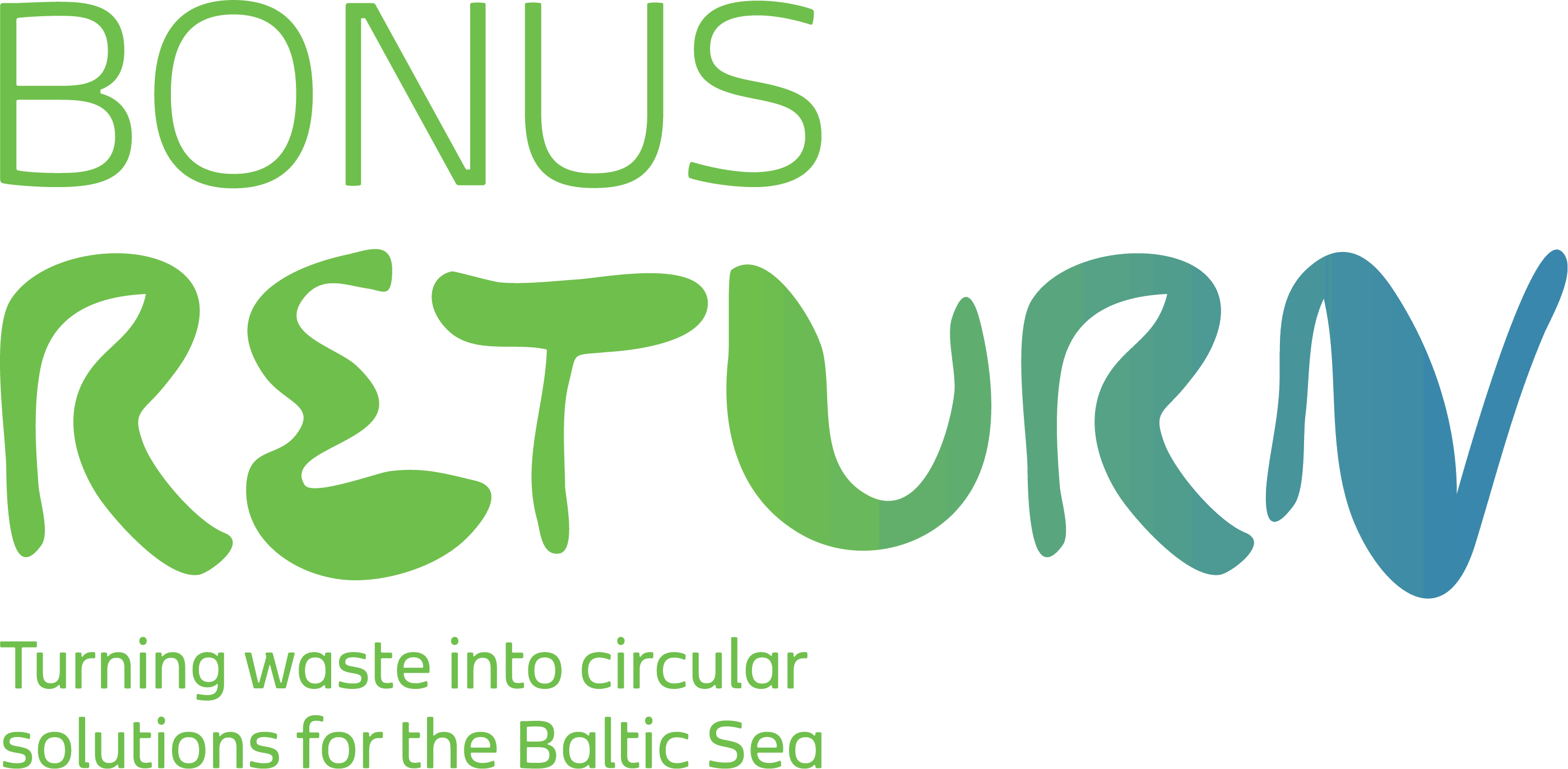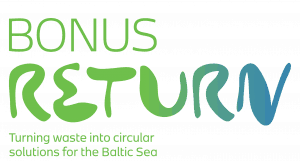Authors: Jesica Murcia López (UCPH)
EXECUTIVE SUMMARY
This report contains the assessment of costs and benefits of ecotechnologies, which were selected in the three BONUS RETURN case studies (Slupsk in Poland, Vantaanjoki in Finland, and Fyris in Sweden).
The assessment aims to enable the understanding on how cost benefit analysis models based on a bottom-up approach are an instrument for decision-making of adoption of selected ecotechnologies, where the social and private components of those costs and benefits, may trigger or hinder their adoption.
This report presents an overview of the cost and benefits for the selected eco-technologies. It combines cost-benefit analysis (CBA) and multi-criteria analysis (MCA) within wastewater treatment and reused nutrients, such as phosphorus products with the aim to support the effective implementation of ecotechnologies when prioritising projects to circulate and reuse available nutrient resources. By incorporating MCA results into a CBA this approach retains the strengths of each appraisal method and provides a procedure for decision makers to create an initial ranking of ecotechnologies.
Data were collected from a series of datasets gathered for key workshops and stakeholders and analysed on a Multi-Criteria Analysis (MCA) of the BONUS RETURN project executed by RISE -Research Institutes of Sweden. The co-enquiry process with stakeholders support an evidence-based review and a sustainability analysis of a number of selected ecotechnologies. The primary and secondary data sources, literature and key stakeholders from the industrial, consultancy and farming sectors where all included.
Initial findings from this study indicate that only a few technologies provide a positive net present value at the current stage of the BONUS RETURN project.
However, the results and the outcome from the CBA analyses and its assumptions must be interpreted with caution as an update of the assumptions and assessment of cost and benefits according to scenarios may occur within the last part of the project period in BONUS RETURN.

